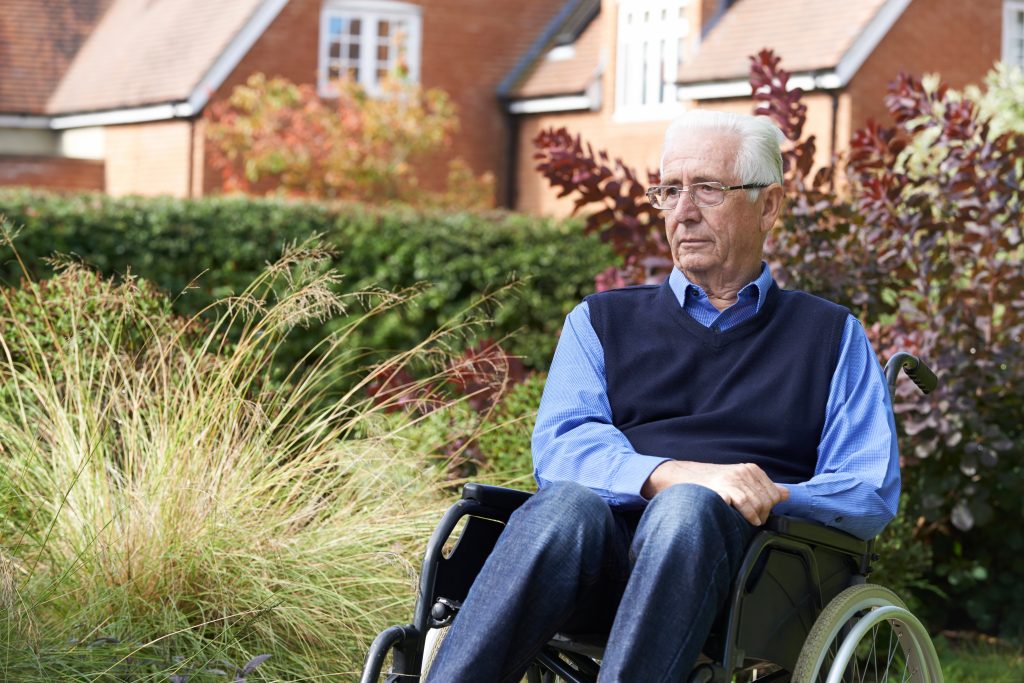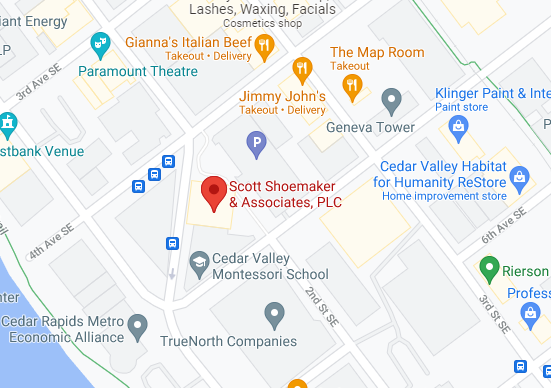We like to imagine that we’re capable of looking after ourselves. But in cases of disablement or mental deterioration, everybody deserves to have support. One of the best ways that support can be gained is through adult guardianship.
This functions much the same way guardianship does for children. The idea is that the individual in question is unable to look after their own needs or make their own rational decisions and so a guardian is needed to tend to these matters. This is typically a family member or friend.
Petitioning the court to become the guardian of an adult isn’t something many people have done before so we thought we’d cover what goes into it. We’ll look at what sort of information should be in your guardianship petition, what type of information the court will want to hear about, and what happens if your petition just isn’t comprehensive enough.
What Should Be Covered in a Guardianship Petition?
There is a lot of ground that should be covered in a guardianship petition. While gathering the information necessary for your petition, make sure to gather documentation that corroborates your points. You want to be able to quickly prove any doubts or answer any questions regarding your petition.
Your petition should have information such as:
- You’ll want to explain to those reading the factual basis on which the petition rests and a statement explaining such is a good start
- You’re looking to become the guardian of an adult and that means taking away certain freedoms they have to make their own decisions so a statement explaining why guardianship is the only option left is important
- Include your name, address of residence, and explain your relationship to the respondent
- If you are petitioning on behalf of somebody else who will be the guardian, include their name and address, as well as why they have been selected as guardian
- Include a list of the names, addresses, and contact information for the family members, doctors, and institutions where the respondent has been treated for the last six months or year up to the date the petition is filed
- If the respondent has an attorney in fact, an attorney designed with durable power of attorney, or any other kind of legal representative then include their information as well.
Remember that when you put forth a petition for guardianship of an adult, you are also required to send a written notice to the respondent that explains to them their right to an attorney, that guardianship will remove some of their rights, the authority the guardian has to take actions on their own, the authority they have to take actions with the court’s approval, and that the respondent may seek a private attorney rather than a court-appointed attorney.
The respondent may choose to seek legal representation and argue that they aren’t in need of a guardian, so filing a petition is in no way a guarantee that guardianship will be approved.
What Will the Court Want to Know?
The court is going to want to know certain details about the respondent in order to decide if their condition is such that they have to have some of their rights removed. When possible, judges want to avoid stripping rights and so they may suggest other options rather than approve the guardianship.
You’re going to need to provide specific examples of the respondent’s behavior and how it functions against their best interests. Examples such as not doing the dishes often enough are clearly not good indicators that a person needs a guardian but being unable to remember where they are or who they’re talking to would be.
You’re going to want to gather as much medical data as possible. Psychological reports and medical evaluations, the results of testing and medical examples, current treatment plans, plans that had to be scrapped and why. If there is medical data to be had, chances are high that it will be relevant to help build a tapestry of what the respondent is dealing with.
If it is possible, it can be a good idea to have the respondent come to the court. This can allow the judge to see their behaviors for themselves and this can help to convince them in a way that words alone might not. However, if the respondent is unable to attend because of physical or mental complications then it is better to not subject them to the experience.
What Happens If My Petition for Guardianship Isn’t Detailed Enough?
The good news is that you may not be rejected just because your petition didn’t have enough information. If you are lacking too much information then yes, absolutely, the court will deny the petition. But if you have enough information to raise concerns then the court may decide to order a professional evaluation.
The court may send somebody to meet with the respondent, their doctors, and family. Basically, they’ll look into the situation themselves to determine where or not there is anything else that could be done or if a guardianship is the right choice.
The court could decide to approve the guardianship following an evaluation or court visitor but it is also possible to be denied afterwards. However, if you believe the situation calls for a guardianship then the chances are probably good that you’re right. At the very least, this process should provide you with some resources or suggestions for resources that could be of benefit if guardianship is not the right choice.
Should I Work With an Attorney?
Putting together a compelling case means gathering a lot of different information and collecting it in a manner that builds a compelling argument to stress your desired outcome. This can be achieved on your own but working with an attorney that has been through the process can help speed up the process and result in a stronger argument overall since it is written from a place of experience.
So, yes, we would recommend working with an attorney when considering a petition for adult guardianship in Cedar Rapids.





